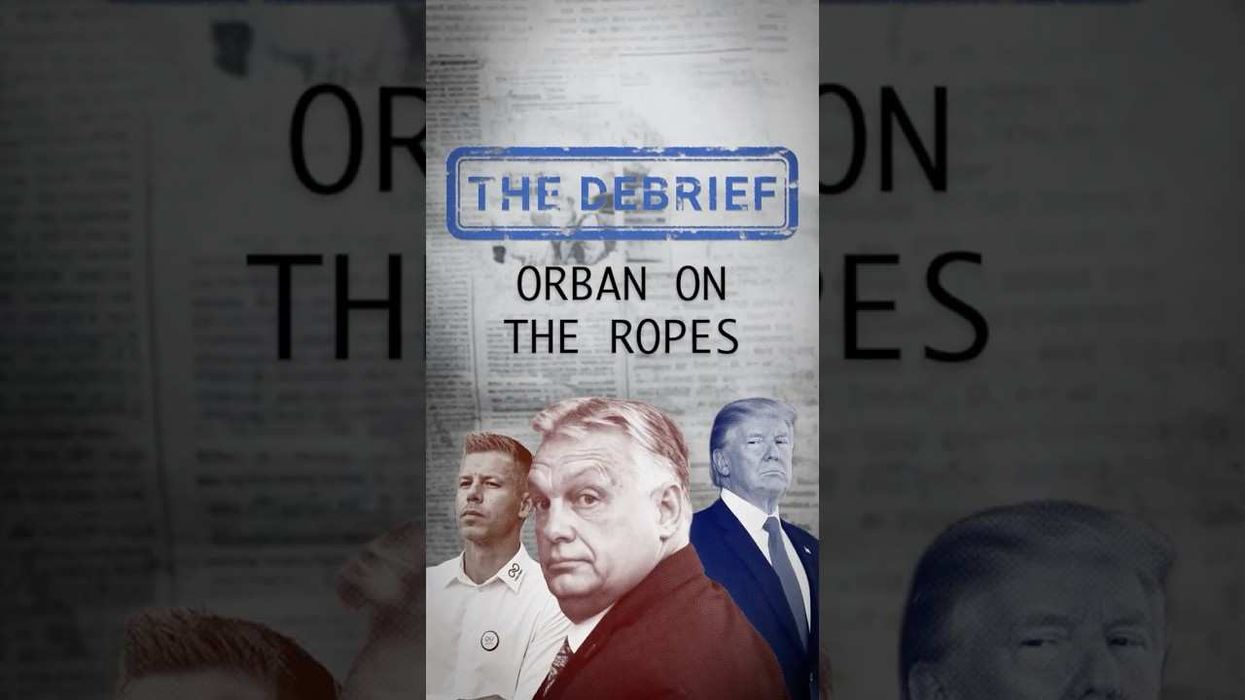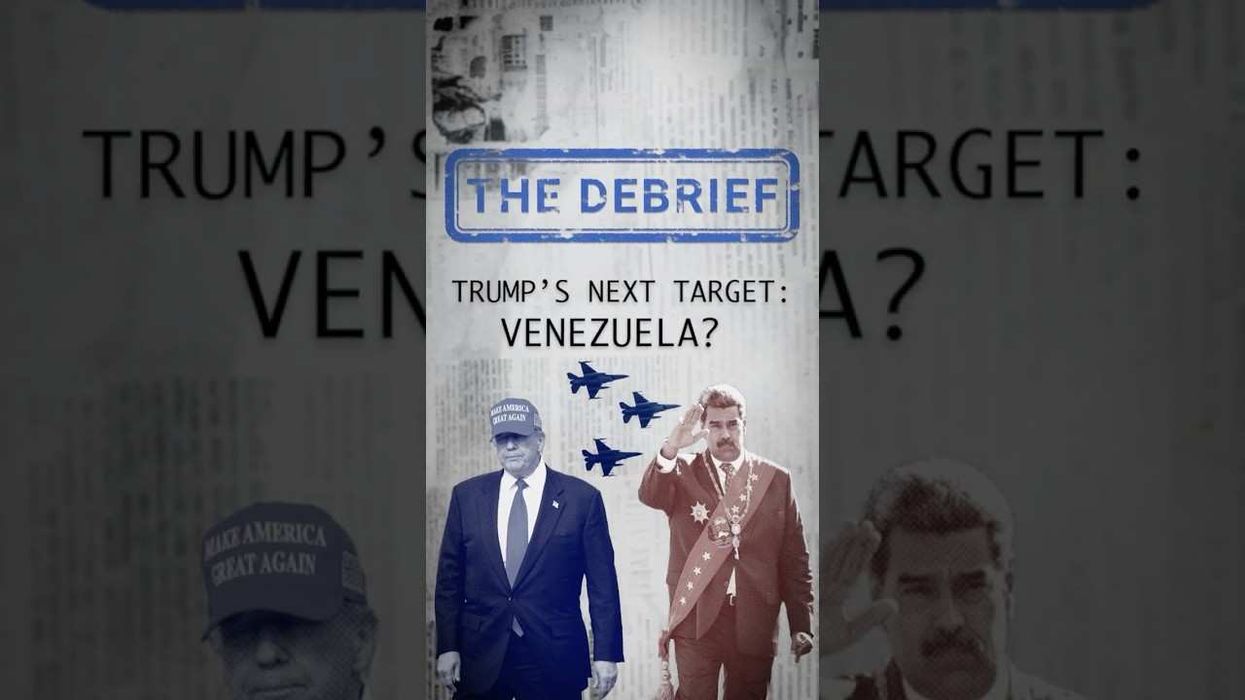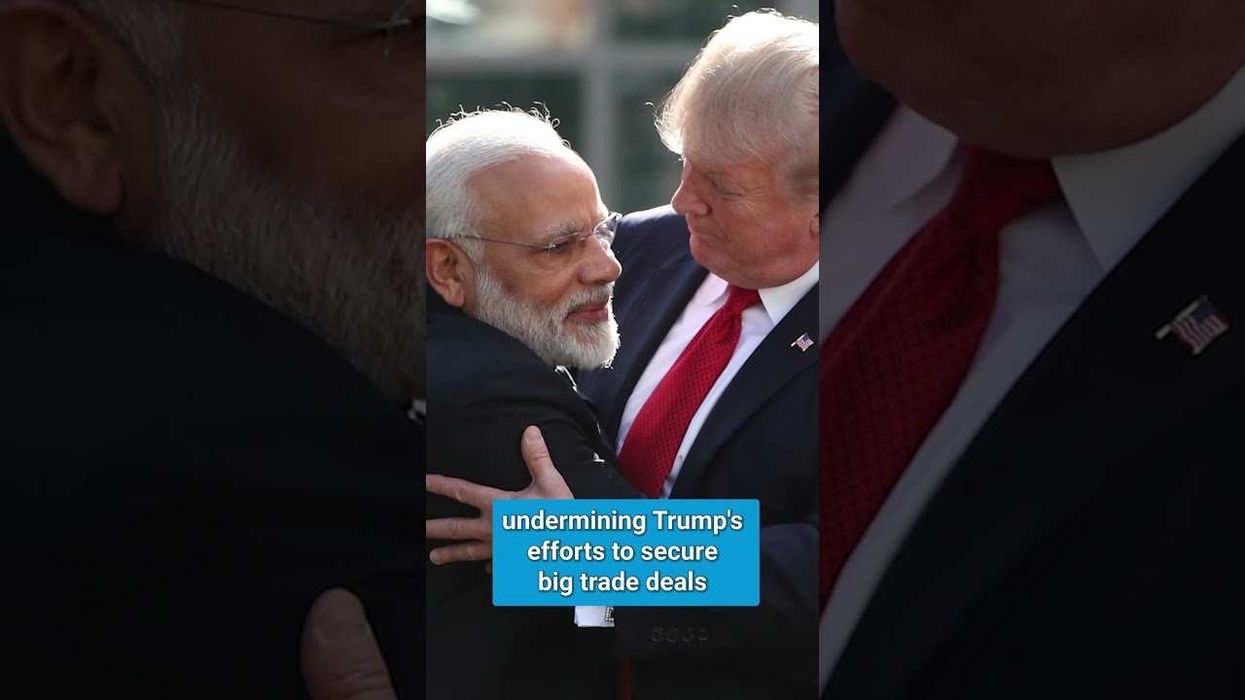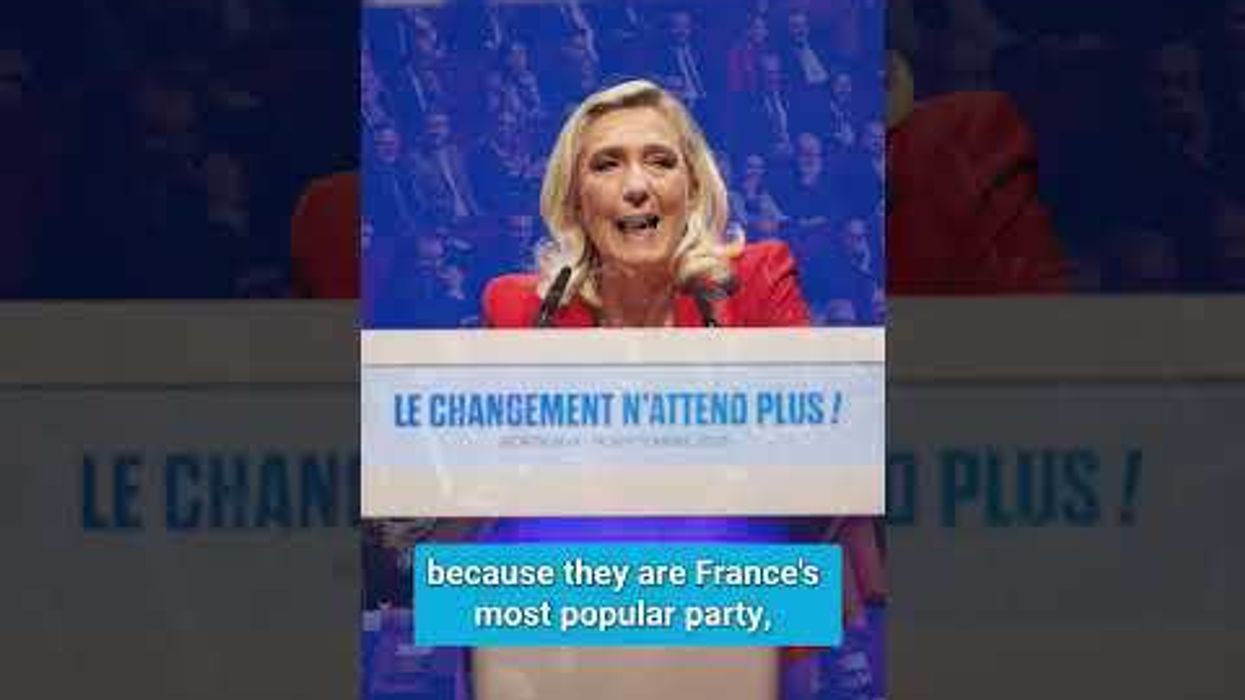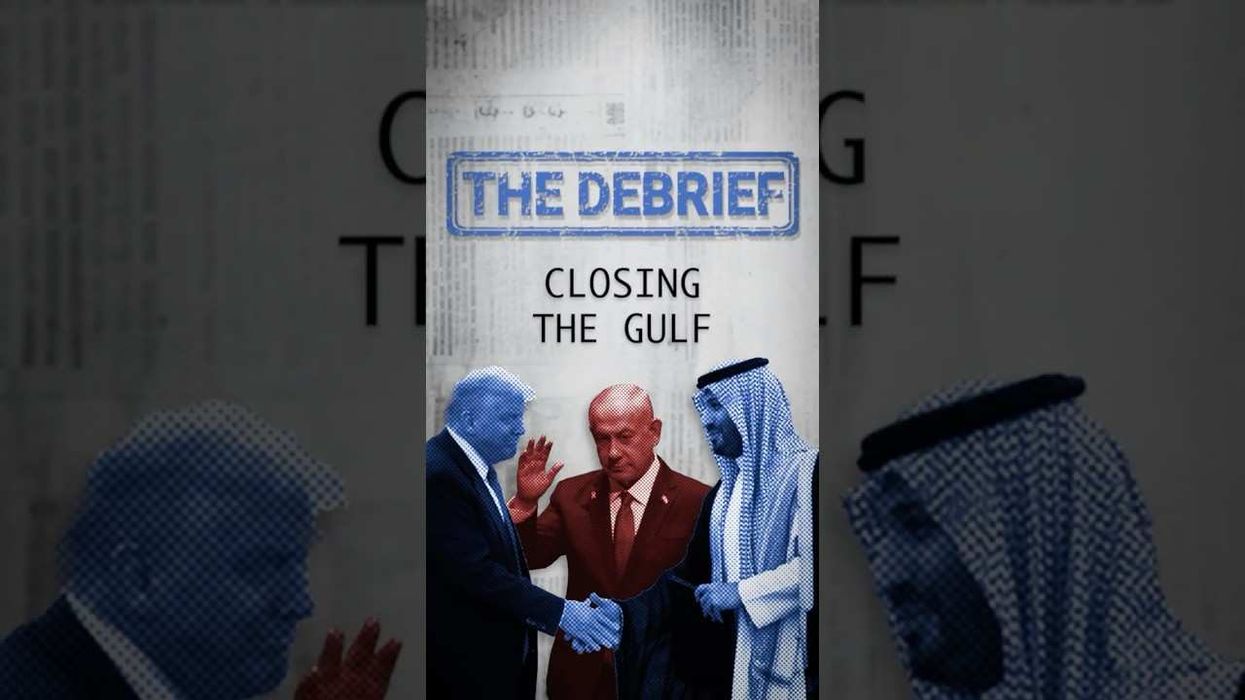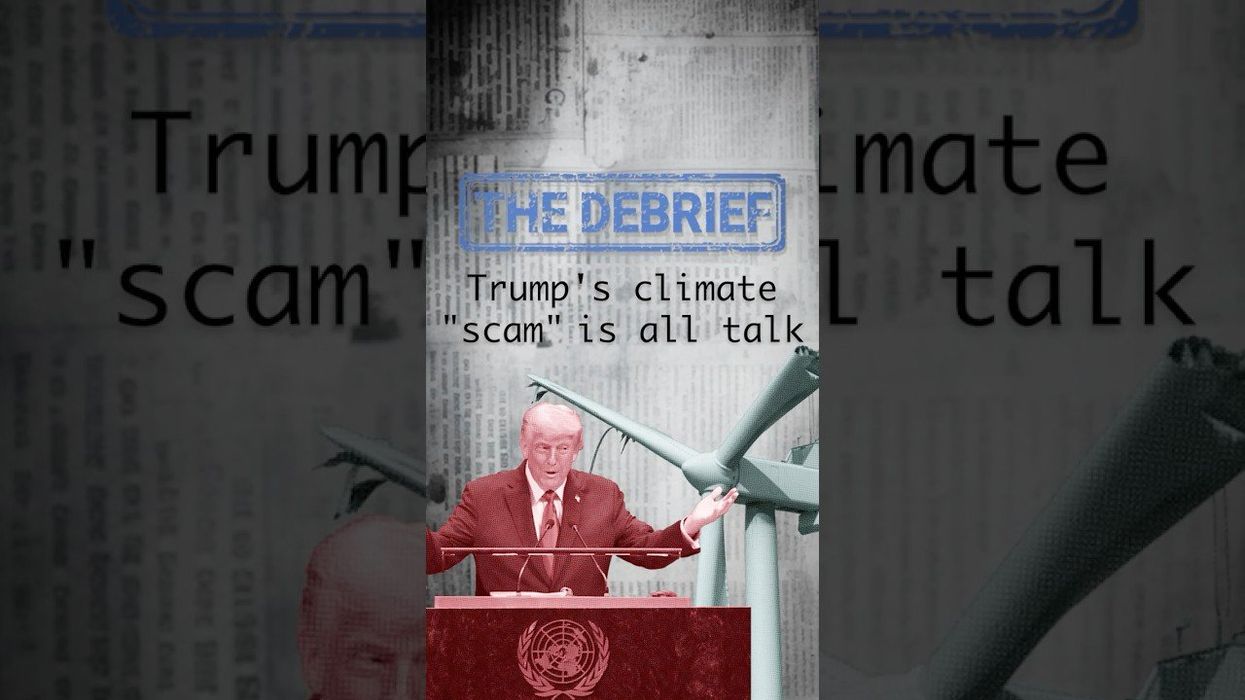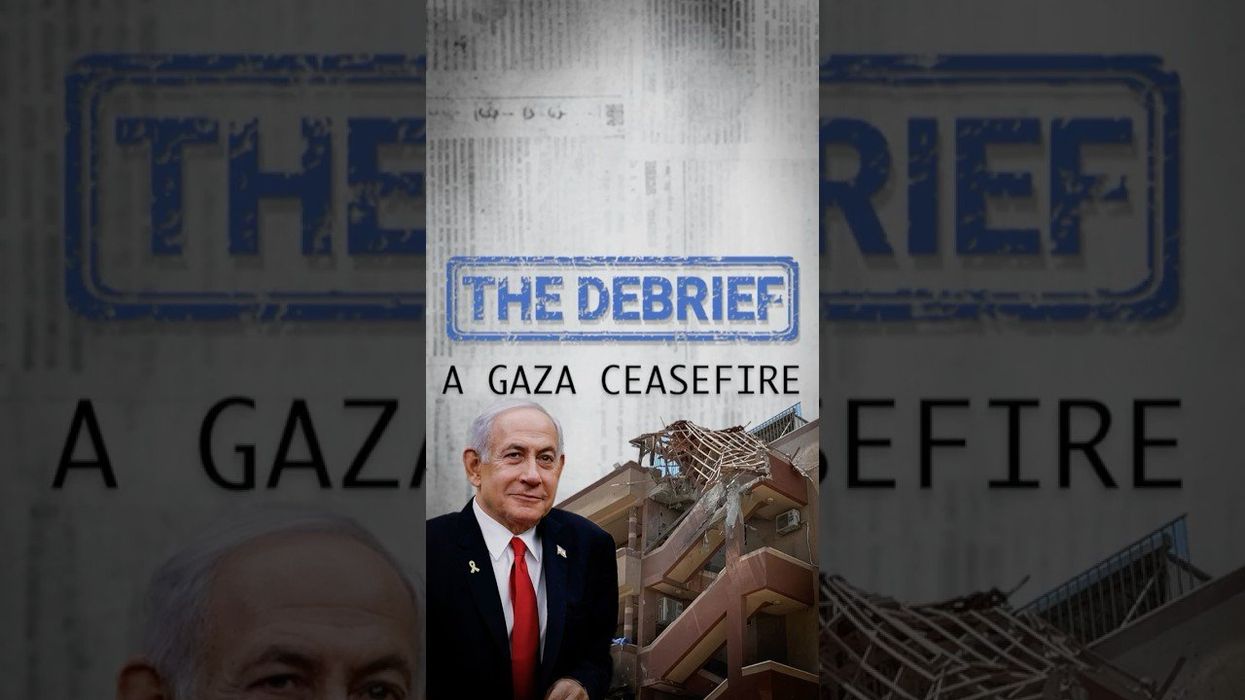VIDEOSGZERO World with Ian BremmerQuick TakePUPPET REGIMEIan ExplainsGZERO ReportsAsk IanGlobal Stage
Site Navigation
Search
Human content,
AI powered search.
Latest Stories
Sign up for GZERO Daily.
Get our latest updates and insights delivered to your inbox.
Global Stage: Live from Munich
WATCH RECORDING
The Debrief
The latest in geopolitical news explained by GZERO Media and Eurasia Group experts.
Presented by
At COP30–the world's largest climate conference–in Brazil, the conversation isn't about preventing the worst of climate change, but stopping the bleeding.
That's what Eurasia Group's Shari Friedman is hearing on the ground, but it's a message that the United Staes is ignoring, given the Trump administration's refusal to send a delegation to the conference for the first time in 30 years.
Shari Friedman:
Instead of getting 198 countries, well, 197 without the United States, to move together on collective action, this COP has broken things out into smaller coalitions. These coalitions are organized around specific action items, like forestry or reducing fossil fuels or carbon markets. It's like moving from multilateralism into minilateralism. And outside of the negotiating rooms is a lot of participation from sub-national, state, and local governments. And this is particularly important for the United States who, for the first time since the beginning of COPs, has not sent a delegation.
So will this minilateralism work? In some cases, these initiatives will get traction. They're laying down the framework for collaboration on very important initiatives. And more importantly, Brazil is avoiding a breakdown of these talks. But when you hear about the impact to your economy, to the asthmatic kids in the local school, to your economy that might be based on agriculture, then the impacts become real. And these are the conversations that the sub-national governments bring to the conversations in the hallway and on the panels. This COP may not achieve the results that were originally intended, but given the hand it was dealt, Brazil made a key pivot that will at least keep the conversation going and, at best, may create some real action.
Keep reading...Show less
More from The Debrief
The Debrief
Feb 05, 2026
In Hungary, Orbán's grip on power is slipping
November 07, 2025
Trump wouldn't actually invade Venezuela...would he?
November 04, 2025
Trump bets big on Russian oil sanctions, but will it pay off?
October 28, 2025
President Macron is down but not out
October 09, 2025
Trump's Middle East Love Triangle
October 07, 2025
Trump's climate "scam" talk at the UN was just that–talk
September 26, 2025
Big oil is getting big mad at Trump
September 11, 2025
Here's why Israel will accept a Gaza ceasefire soon
August 27, 2025
Plastic waste is killing us. But we can't seem to quit it.
August 20, 2025
Trump and Putin's Alaska showdown is all about oil
August 13, 2025
GZERO Series
GZERO Daily: our free newsletter about global politics
Keep up with what’s going on around the world - and why it matters.


